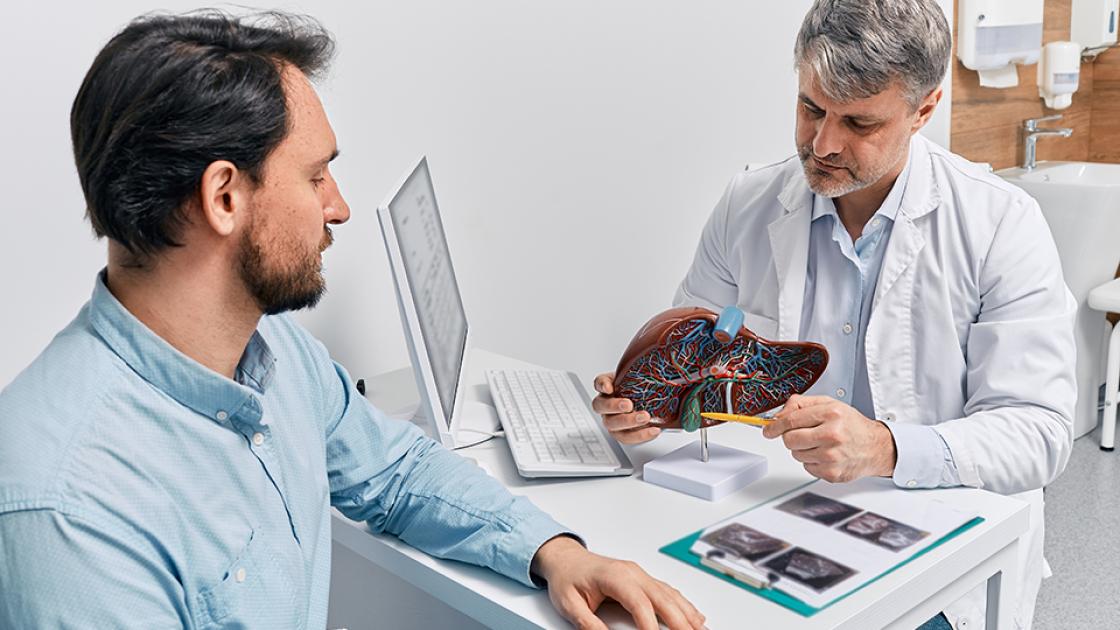
What to expect at your first visit with an allergist
When you've had allergy symptoms for weeks, months or even years, finally seeing a doctor for help can be an immense relief. Keep reading to learn when you should call a doctor and what to expect at your first visit to an allergist.
Who is an allergist?
According to the American College of Allergy, Asthma & Immunology, an allergist is a medical doctor who specializes in the diagnosis and treatment of allergic diseases (including asthma). Board-certified allergists—who undergo more than a decade of formal education and training—help people identify their allergy and asthma triggers, manage their symptoms and prevent complications associated with allergic diseases.
Allergists work in a variety of settings, including hospitals and private outpatient clinics.
When to see an allergist
People with mild allergies may not require any formal treatment and can do relatively well managing their symptoms using strategies like environmental modifications and over-the-counter medications. However, you should call your doctor if you're concerned about your allergy symptoms for any reason, or if:
- Your allergy symptoms begin to negatively affect your daily activities and quality of life
- You experience chronic sinus infections, nasal congestion, wheezing, coughing or breathing problems, especially at night or after exercise
- Over-the-counter medications do not offer adequate relief from your allergy symptoms and/or cause disruptive side effects like drowsiness
Never hesitate to ask your health care provider about your options. Your primary care doctor will be happy to refer you to an allergy specialist if your symptoms are moderate to severe or if they feel that they are unable to suit your needs.
What to expect during your first visit to an allergist
Once you've made an appointment with an allergist, be sure that you understand and fulfill any pre-appointment requirements, such as filling out any important paperwork. If your allergist is planning to run certain tests right away, you can expect them to ask you not to consume any food or beverages within a certain amount of time before your scheduled visit.
On the day of your appointment, be sure to bring along a list of all your current medications and pertinent medical information. It's also a good idea to check beforehand with your allergist's office whether they currently have any COVID-19 related restrictions, such as an indoor masking policy or visitor limitations. (For instance, it's possible that you will only be allowed to have one support person with you.)
During your appointment, a nurse may gather more information about you, such as your height, weight and certain vital signs like blood pressure and heart rate. Your allergist will then sit down with you and begin a thorough discussion about your medical history. Expect questions about childhood allergies, past and current medical conditions, your primary allergy symptoms and your family history.
In addition to conducting a thorough medical history review, your doctor may order a variety of allergy tests to help determine your allergy triggers (such as dust, pollen or certain foods). Your doctor may perform some of these tests right in the office during this initial visit. Other tests may require a follow-up visit or a trip to the nearest laboratory for a blood draw.
Based on the results of your test and clinical examination, your allergist will be able to start putting together a comprehensive and individualized allergy treatment plan for you. You should expect to leave your first visit with:
- A clearer idea of what's causing your allergies
- Ideas from your allergist on how to reduce your exposure to known or suspected allergy triggers
- Potentially, prescriptions for medication that can help control your allergy symptoms
- Information about any follow-up appointments or visits
During your visit, don't hesitate to ask questions! It might help to write down your questions before your visit so you won't forget them.
Would you like to see an allergist near you?
If you're struggling with allergies and would like to find a provider who can help, connect with SIU Medicine to find a doctor today.




